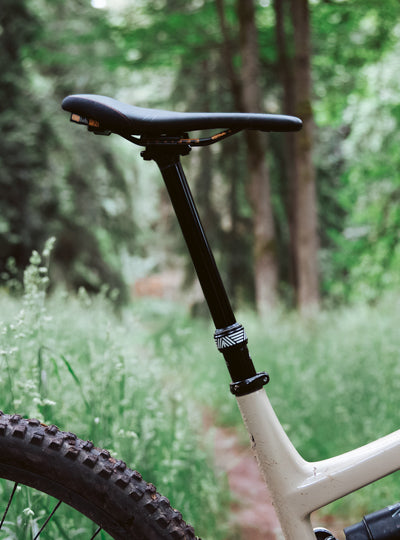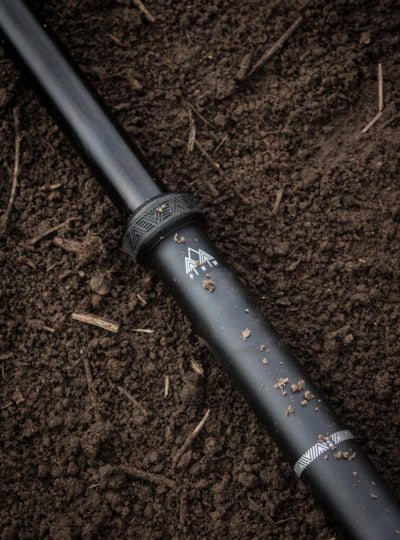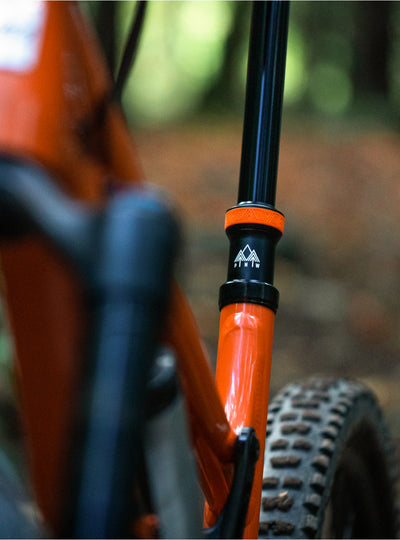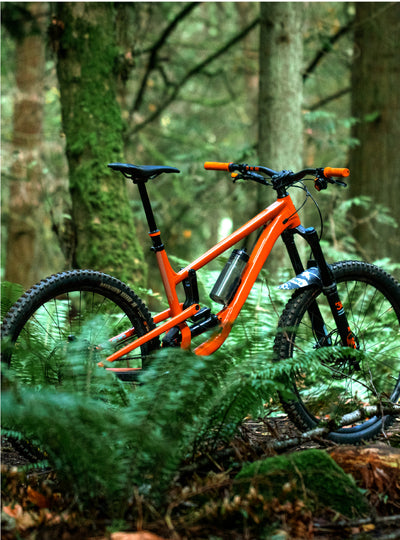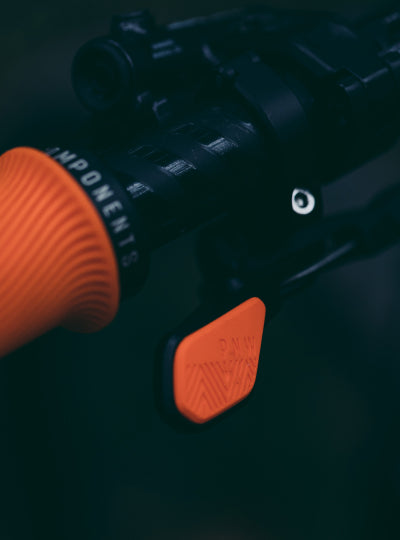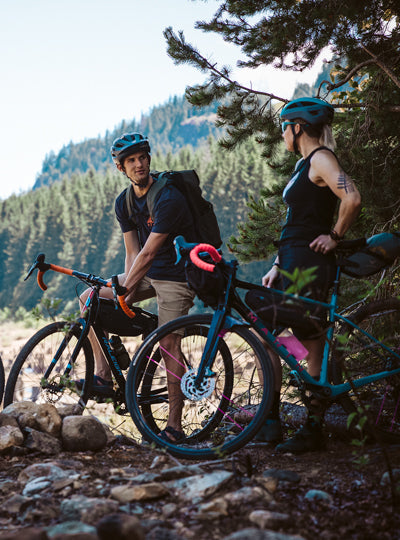At PNW, we've never been fans of waste, especially when it comes to packaging. From the very beginning, we’ve put care into how we package our products, starting with our simple-to-recycle cardboard boxes, as well as replacing plastic baggies with paper envelopes (for any small parts that come with your shipment). With the launch of our Loam Carbon Bar, we kicked things up a notch and introduced our first at-home compostable packaging sleeves. They’re made to break down in your backyard compost pile, it’s true, they disappear like magic (only it’s science). Because let’s be real, your handlebars should be made to last a lifetime, but the packaging should not.
How did PNW decide on the compostable sleeves? Why not just cardboard?
The development of the Loam Carbon Handlebar packaging was a large part of the development of the product. We explored several packaging prototypes, starting with a cardboard box, like our Range handlebars used at the time. Then a cardboard sleeve, then a thick paper bag sleeve, and eventually settling on a compostable bag option.
We’re always thinking about continuous improvement and sustainability, and with that in mind, we were asking ourselves how to reduce the amount of cardboard we use in our handlebar packaging.
While reviewing our sales data we realized that 95% of customers who buy a handlebar from us also buy another product, which, when shipping, would require a master shipping box anyway. This was our green light to use the most sustainable and space-saving option available, the compostable polybag.
We found a vendor that could develop a compostable polybag handlebar sleeve for us that looks great, meets our budget requirements, and is certified for at-home and industrial composting.
Now, when you order your Loam or Range handlebars, you’ll receive your bars in a compostable polybag inside a master shipping box, hopefully with a fresh pair of grips or pedals. This is one less cardboard box compared to how we used to ship handlebars, so by using the compostable polybag, we also met our goal to reduce overall cardboard usage.
Are they really compostable?
Yes! The home compostable sleeves that we use to package our Loam and Range Handlebars are TÜV Certified! The “OK compost HOME” (TÜV Austria) certification is one of the most trusted standards for home compostability.
This certification ensures that the material will break down in a home compost environment. This home compostable material breaks down at 20-30°C (68-86°F) within 12 months, leaving no toxic residue and ensuring safe compost for plants.
Have you tried composting one at home? What were the results?
Yes! We’ve personally composted several Loam Bar polybags, and after 6-12 months of getting stirred in a warm and wet pile of steamy compost, polybag fragments are no longer recognizable.
What does home compostable mean?
"Home compostable" products, designed for backyard piles and tumblers, break down naturally within 6 to 12 months. Unlike commercial composting, home settings have lower and more variable temperatures (50-65°C/122-149°F), which can prolong decomposition. Factors like inconsistent heat, moisture, and microbes influence the breakdown time.
What does commercially compostable mean?
"Commercially compostable" materials require specific conditions found in industrial composting facilities to break down properly. These facilities maintain higher, controlled temperatures (55-70°C / 131-160°F), manage moisture, and provide aeration, accelerating decomposition, killing pathogens, and breaking down tougher materials. Breakdown typically occurs in weeks to months, depending on the material and composting method.




